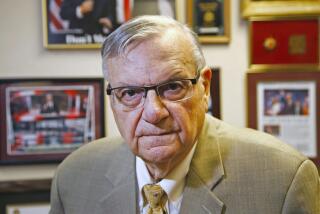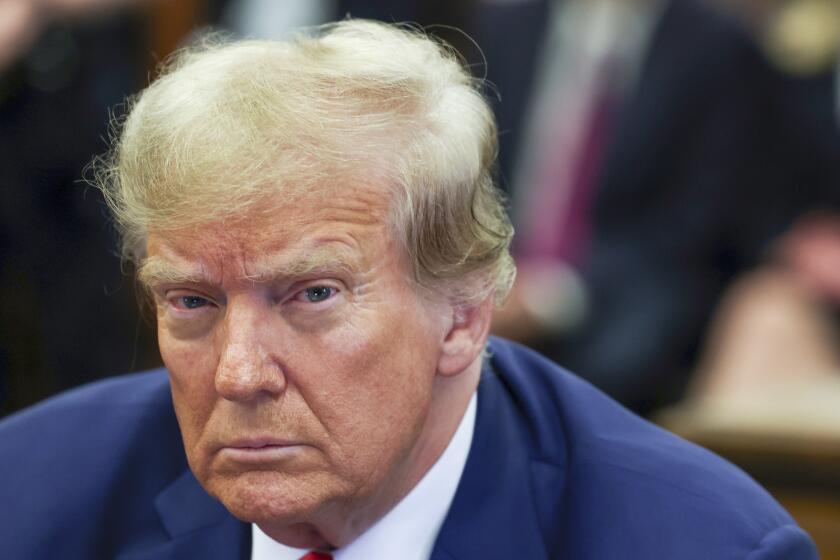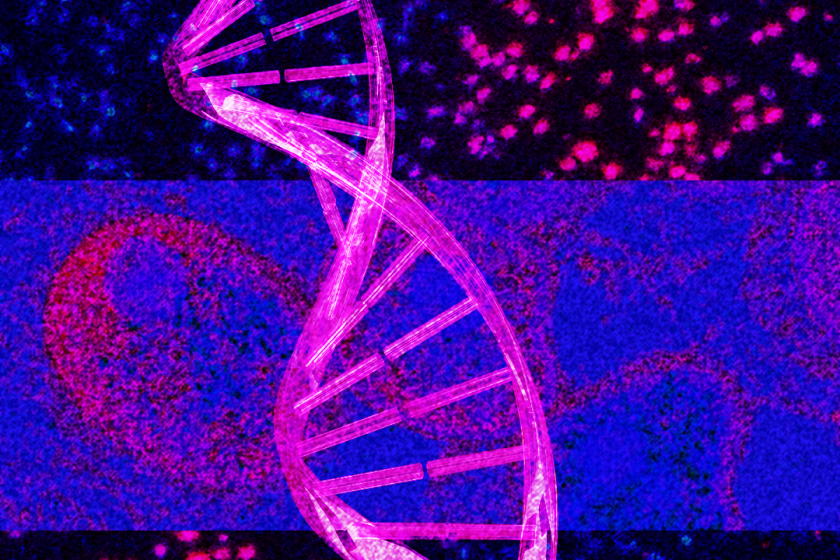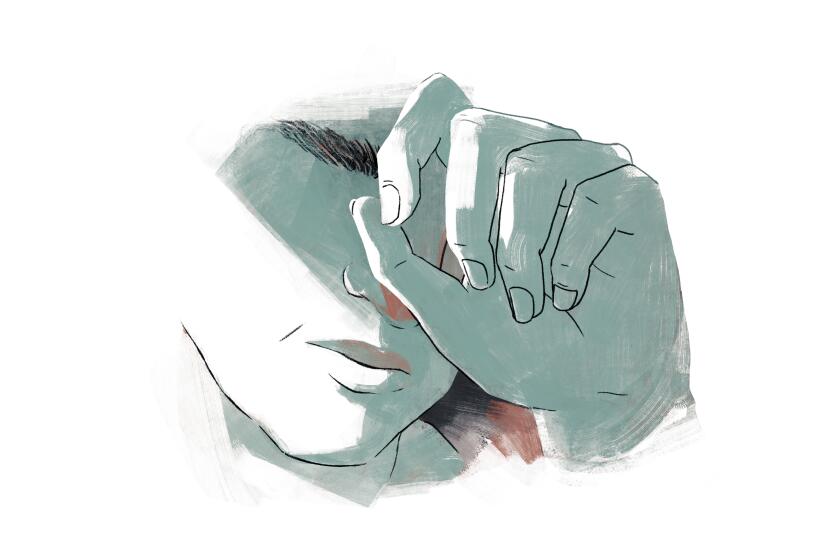Big Cities’ New Attitudes About Parking Cars Don’t Seem to Match Drivers’ Needs : Traffic: New roadblocks are being thrown up to slow the stream of cars from the suburbs. ‘It’s just potluck trying to find a spot,’ one commuter says.
There’s a new attitude toward the automobile among many big-city officials as they grapple with the urban ills of air pollution and street congestion.
New roadblocks--from special lanes for buses and car pools to bans on new parking lots--are being thrown up to slow the stream of cars from the suburbs.
But officials face the wrath of commuters, who are joining in some remarkable scrambles for that most prized of finds--an empty parking space.
“It’s just potluck trying to find a spot,” said Rick Splaine, who found a meter in Boston’s Financial District. “Today was my lucky day.”
In New York City, some drivers hire “parking brokers” to watch for open spots, while ritzy hotels illegally paint their curbs yellow to keep away would-be parkers.
Some San Franciscans scurry from their offices to remove the chalk marks police place on their tires to monitor how long the car was parked.
Sometimes, the frustration turns deadly. In San Jose, Calif., a 28-year-old allegedly shot and killed another armed motorist in a dispute over a parking space.
Parking is a constant problem in Boston, where about 200,000 vehicles enter the city each day to compete for 65,000 parking spots, forcing even squad cars and ambulances to swerve through clogged streets.
“It’s reached the point where there may be public safety hazards,” said City Councilor David Scondras, who represents some of the most congested neighborhoods. “Heaven help you if you get a heart attack in rush hour.”
To ease the congestion, state officials have recently announced a freeze on construction of parking lots in South Boston, East Boston and part of Revere.
Proponents of the plan say it will encourage drivers to car pool or use mass transit, and will help the state meet a federal mandate of cutting Boston’s smog levels by almost 40% by the decade’s end.
Others aren’t so sure.
“They’re saying, ‘Let’s encourage public transport.’ Instinctively this is sensible, but as a practical matter I don’t think it will work,” Scondras said. “It will make everyone angry.”
That’s what happened when Chicago banned on-street downtown parking after last April’s flood. The ban smoothed out snarled traffic on such major streets as Wabash and Wacker, but when the city tried to extend the moratorium, it ran into a sea of complaints from drivers and area merchants.
In the end, officials compromised and kept the ban in place for just a five-block area.
San Francisco also has tried banning new parking lots in some areas and stiffening parking fines.
But as tickets get costlier, the unlucky officers who write them endure the wrath of motorists.
“Doctors come out and say, ‘I’ll cut your hands off,’ ” said John Newlin, executive director of parking and traffic in San Francisco. “They come running out of the hospital in their surgical scrubs and erase the chalk marks on their tires.”
In New York, where some 883,000 vehicles drive into Manhattan each day, the problem of too many cars and not enough spaces takes on Gargantuan proportions.
To discourage drivers, the city issued 13.8 million parking tickets last year and collected $270 million in parking fines. Another 100,000 cars were towed.
“There’s lots of Angst on the streets of New York--and lots of screaming,” said Joe DePlasco, a spokesman for the city’s transportation department.
But the city faces the loss of millions in federal aid if it fails to comply with clean air regulations by 1995. Officials must find ways to further reduce New York’s traffic flow.
“In the past there was the sense that anyone who had a car could go anywhere they wanted,” DePlasco said. “That’s just not the case anymore.”
More to Read
Start your day right
Sign up for Essential California for news, features and recommendations from the L.A. Times and beyond in your inbox six days a week.
You may occasionally receive promotional content from the Los Angeles Times.






